Untied Nations: Russia and China vetoed proposed sanctions on Zimbabwe on Friday, rejecting US efforts to step up punitive measures after the African nation's disputed presidential election.
Western powers mustered nine votes, the minimum needed to gain approval in the 15-nation council, in a show of hands. But the failed resolution, which had been a priority for US President George W. Bush, failed because of the action by two of the five veto-wielding members.
The other three members with veto power, the US, Britain and France, argued sanctions were needed to respond to the violence and intimidation linked to Zimbabwe's recent, widely discredited presidential election.
It would have imposed an international travel ban and freeze on personal assets of Zimbabwean President Robert Mugabe and 13 key leaders.
Russia's UN Ambassador Vitaly Churkin said the sanctions plan for Zimbabwe would have taken the UN beyond its mandate by "artificially elevating them to the level of a threat" to international peace and security.
China's UN Ambassador Wang Guangya, whose nation is one of Zimbabwe's major trading partners, also expressed fears of nation-tinkering and said Zimbabwe was best left to conduct its own talks on how to resolve its political crisis.
"The development of the situation in Zimbabwe until now has not exceeded the context of domestic affairs," he said. "It will unavoidably interfere with the negotiation process."
UN council member South Africa has led the opposition to the sanctions, arguing that Zimbabwe is not a threat to international peace.
US Ambassador Zalmay Khalilzad expressed disappointment and said he found it "disturbing" that China joined with Russia, while British Foreign Secretary David Miliband said the veto was "incomprehensible".
He said, "I'm very disappointed that the UN Security Council should have failed to pass a strong and clear resolution on Zimbabwe."
Anger as China and Russia veto Zimbabwe sanctions
Anger as China and Russia veto proposed Zimbabwe sanctions


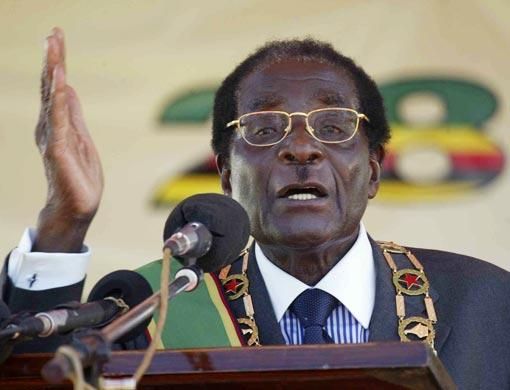
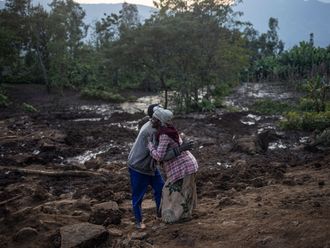


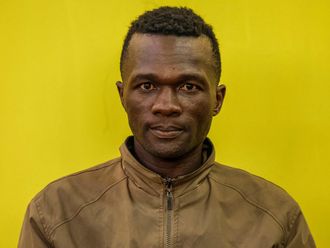
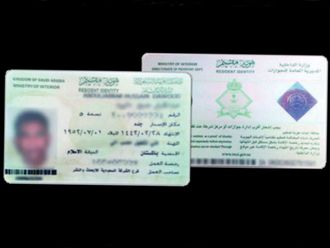
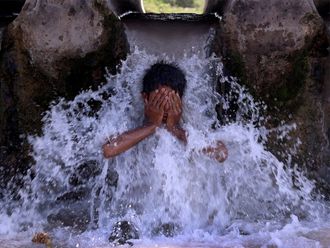

_resources1_16a30b3523c_small.jpg)
